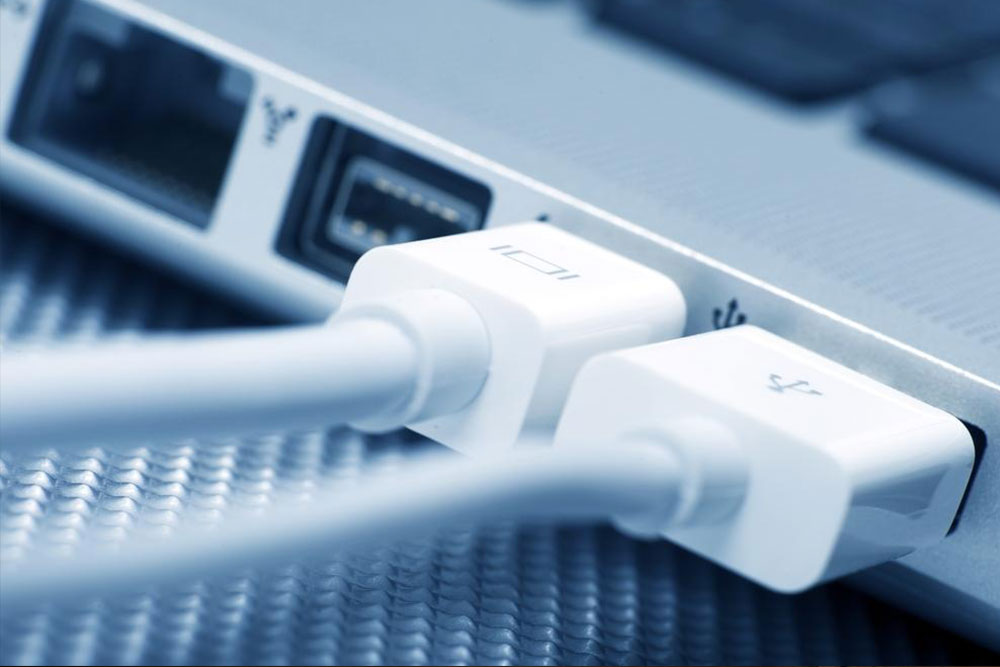Key Factors to Evaluate When Choosing the Top Laptops
Discover essential tips for selecting the best laptops tailored to your needs. Learn about size, display, keyboard, performance, RAM, and storage to make informed purchasing decisions. This guide helps you compare models effectively and find the perfect laptop within your budget for personal or professional use.

Essential Aspects to Consider When Selecting the Best Laptops
If you're in the market for a new laptop, the main question is often, “Which one is the best?” There's no single answer, as numerous brands and models cater to different needs. Every laptop varies in size, features, and performance. After narrowing down your options, compare the shortlisted models to find the one that aligns with your budget and requirements.
Below are critical factors to review when comparing top laptops.
Size: Size greatly influences portability and usability. If portability is your priority, consider lightweight and compact models. Premium ultra-portable laptops typically weigh between 1 to 1.5 kg and feature screens ranging from 12.5 to 13.5 inches. Compare prices for lightweight options if this is important to you.
Display Quality: The screen's clarity and color accuracy are vital. Touchscreen displays tend to be glossy, which may cause reflections. Choose a comfortable display if you work long hours, ideally with high resolution for sharp visuals. IPS panels offer wide viewing angles and better color consistency, enhancing overall viewing comfort.
Keyboard Comfort: An ergonomic keyboard improves typing experience. Opt for full-sized keys with adequate spacing, especially around arrow keys. Backlit keyboards are beneficial for typing in dim environments, adding to user convenience.
Performance Capacity: Processing power is crucial when comparing laptops. Processors like Core i3, i5, and i7 cater to different needs. i3 suitable for basic tasks; i5 for everyday use; and i7 for high-performance requirements, such as multimedia editing or gaming.
Memory (RAM): RAM influences multitasking efficiency. A minimum of 4GB is generally sufficient, but higher RAM options increase costs. Select according to your usage demands.
Storage: Storage capacity impacts data management and backup. Compare models based on available storage, with higher capacities costing more. Choose a suitable size based on your files and application needs.
Use these factors to make an informed decision when selecting a laptop, ensuring you get the best value for your investment.










